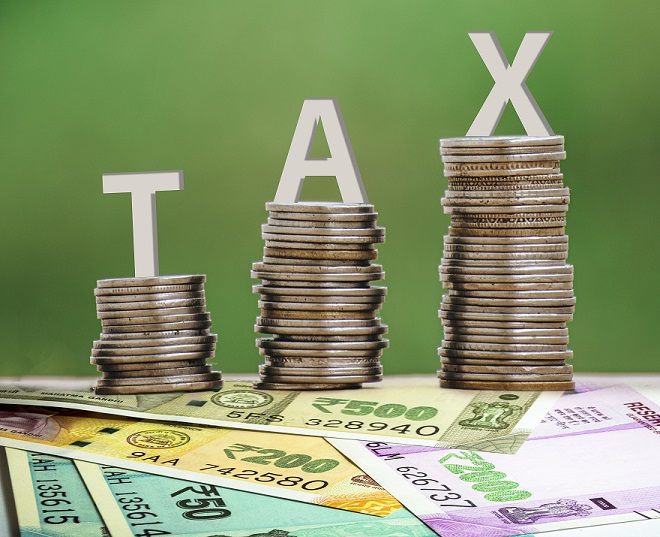
Equity markets seem to be in a free fall around the world and Satish Menon, Executive Director at Geojit Financial Services speaks to The Week magazine about what investors should do in the present market scenario and is of the view that the market may fall further if FIIs continue to sell. But, given that many companies are now attractively valued, the advise is that if people have some surplus cash in hand, they could invest at least 40 per cent to 50 per cent now. Excerpts from interview:
The BSE Sensex was around 42,000 levels in January. Now we are close to 27,000. It has been an almost one-way downward spiral. In this kind of a situation what would be your advice for investors?
For the people who have already invested and don’t have liquid cash, the major thing to tell them is to stay calm, this will pass. That is the most difficult task. As they see markets going down every day, the fear psychosis creates a multiple chain reaction. Long-term advisers like us say we have seen in the last four to five times in the past 20 years that markets will recover. The other side of the story, which is short-term is saying that why don’t you sell today, you might get it cheaper tomorrow. So, it is a very difficult proposition. But, we tell our investors to stay calm if you are fully invested, you have no other choice. If you have confidence in the companies you have bought, stay invested. People who are having little bit money, who are waiting on the sidelines and who had booked profits some time back, we tell them, at least invest 40 per cent of their investable surplus now.
Where do you see this market headed? When do you think investors will finally start realizing that the company’s current valuations are much lower now than their intrinsic value?
It is more of sentiments. Sentiments can change quickly. The moment it changes, there will be a sharp recovery. We have seen this in the last three-four crashes also. For that, we need to have some kind of stability in the market. Unfortunately, for the last ten days, we are not finding stability for more than a day or two. My personal feeling is the market is near to bottom. Unlike, the last crashes of 2000 or 2008, the nervousness in the market is primarily because of medical reasons and not because of financial instability that happened in 2008. So, we should definitely expect a relatively quicker recovery from the current levels. I don’t know whether it can still go down by another 10 per cent, it will be clearly based on liquidity issues. If foreign institutional investors continue to sell, it can go down. Otherwise, market is at a very attractive level, if we have a three to five-year horizon.
Globally, central banks have cut interest rates, announced stimulus measures. But, the markets have been in a free fall. What do you think will calm the markets?
Apart from the coronavirus, we also had the Yes Bank crisis. That has created a chain reaction in terms of all banking and non-banking finance companies. The regulators have moved very swiftly to find a solution to Yes Bank. But, if liquidity is tight, there could be some impact on some other entities also. So, people are unsure what is going to happen. An interest rate cut may not be the only answer to calm the market. Maybe, once the cases of new infections from coronavirus taper down, that should give a good signal to the equity markets. Foreign institutional investors have pulled out over Rs 35,000 crore this month itself. That is creating a vacuum in the market—(there are) only sellers, (and) few buyers. The moment that sentiment changes, we will see a sharp recovery.
Mid-caps and small-caps had corrected from 2018 and even within the large-caps, during the last 6-8 months, only select stocks had led the rally. In the current situation, where would you deploy any additional money if you have?
I am always stock specific, good companies are to be bought. But, in terms of allocation, depending on your risk profile, you should decide. Someone, who wants to invest in equity, but still seeks a lesser risk… I would say 60 per cent should be in large-cap, mid-cap 20 per cent and then the small-cap. At these levels, even large-caps look attractive, unlike two months back, when some of the large-caps were very expensive.
The whole consumption theme has taken a huge hit due to coronavirus. Automobile stocks have fallen due to their demand-related issues. Should one look at these beaten down sectors now or play safe?
It all depends on the valuation of the company. There are some good companies available at 5x PE (price to equity ratio) or 10x PE and if it has chances of recovery, you might go and buy it. The auto sector had different set of problems. If you look at the temporary impact of coronavirus and the industries like travel and tourism, which have gone down, these things will recover in another few months time. There may be one or two quarter of earnings loss. It is not such a big thing, when you look at a three-year to five-year horizon. Coming to autos, or other industries, that has linkage to the overall economy being revived; we will be little more selective.
First published in The Week.










Your observations are good enough as far as the present market is concerned. But please take into consideration the future recession trend also. The West is talking about an impending recession. So how to compromise it along with the present situation.